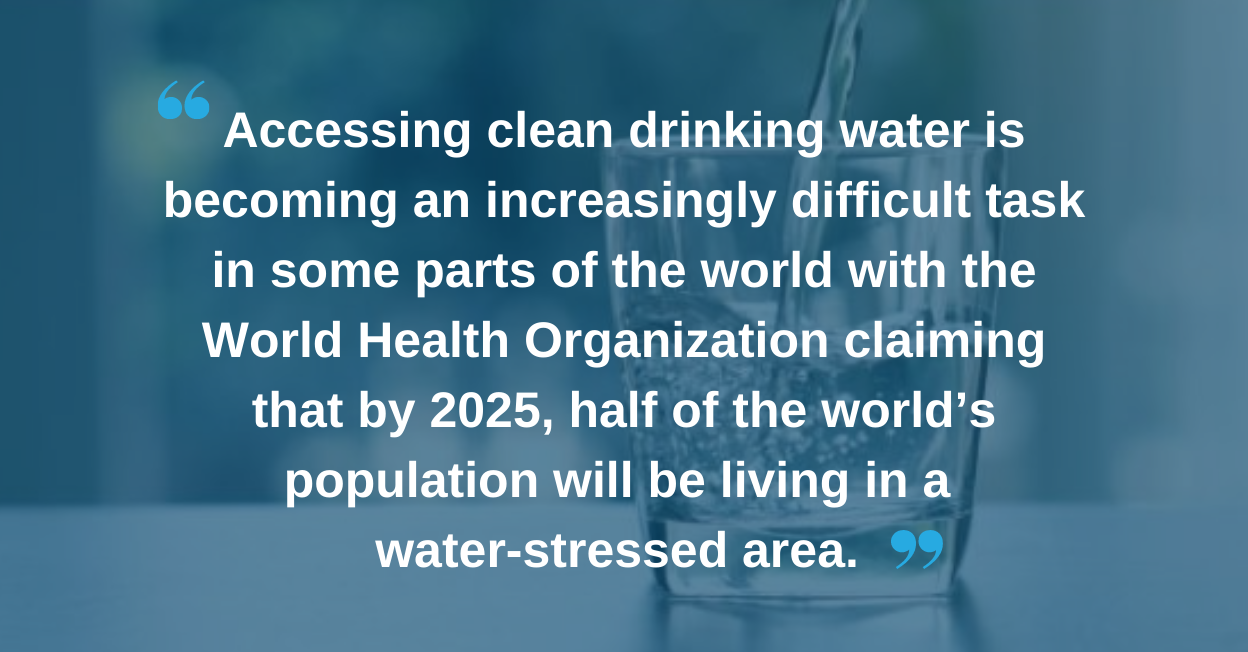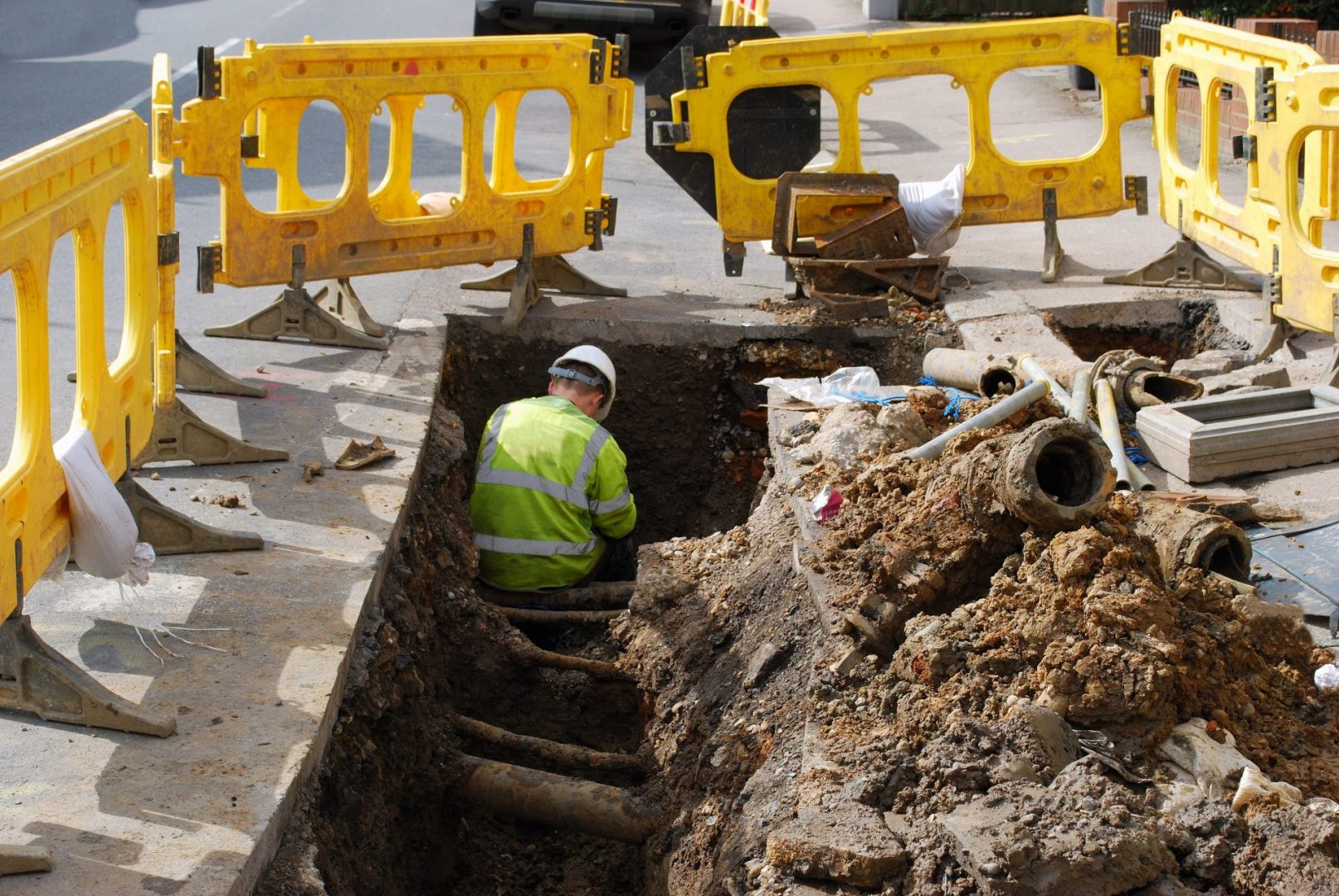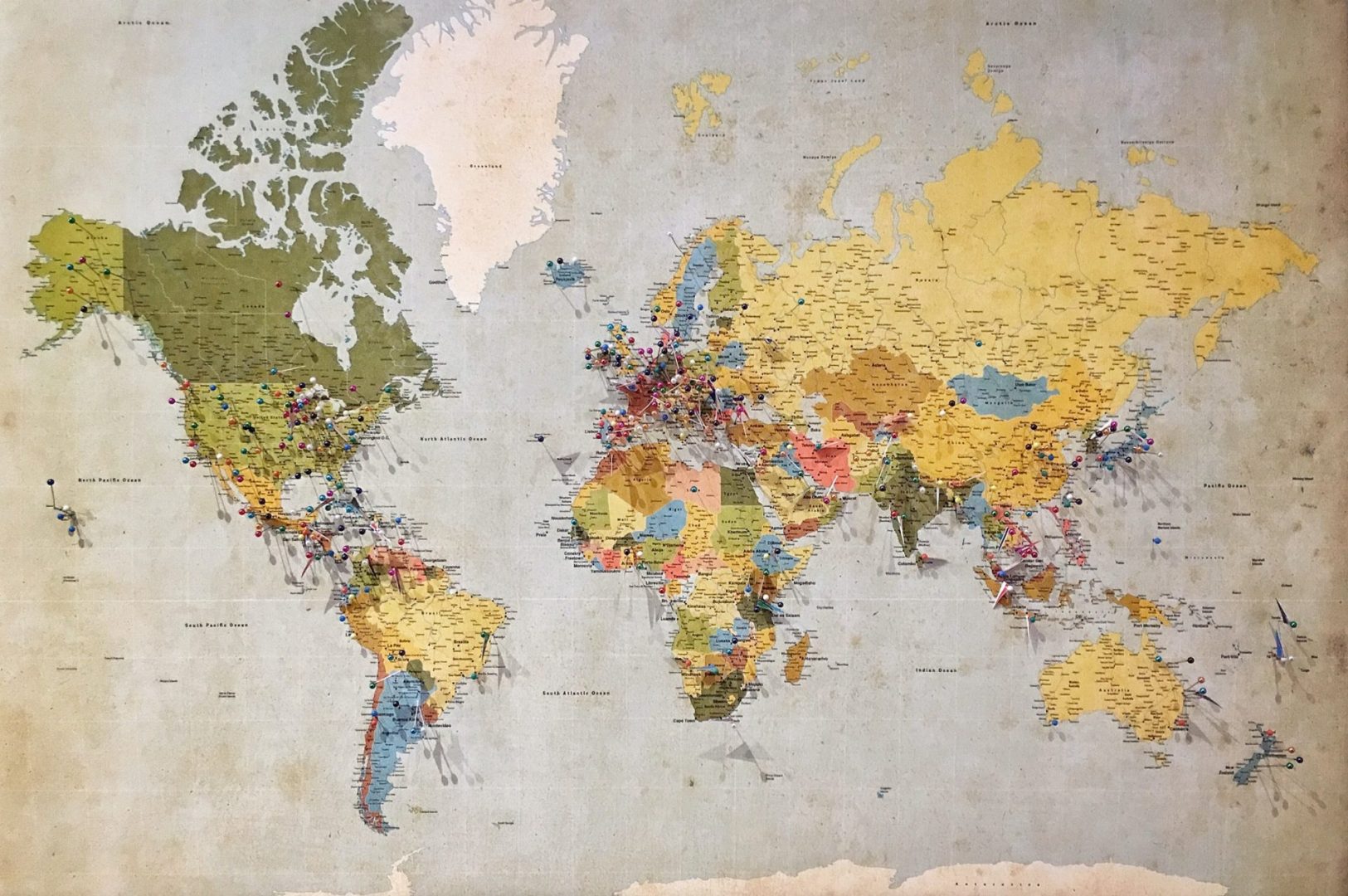
The ability to turn on a tap and have immediate access to clean, safe water is something that the majority of us have grown up with and many of us may take for granted. We have however, become more educated in recent years, as to why clean, safe water should not be taken for granted. Both globally and nationally, water shortages and water quality issues, have become a regular occurrence.
Accessing clean drinking water is becoming an increasingly difficult task in some parts of the world with the World Health Organization claiming that by 2025, half of the world’s population will be living in a water-stressed area. In 2018, Cape Town South Africa was on the brink of becoming the first major City to run out of water after a three year drought in South Africa. ‘Day Zero’, as it became known as, has been postponed for now, but would have resulted in the City shutting off the public water supply to its residents and providing a rationed daily water supply at collection points.
Over time, access to a clean drinking water supply has also been a persistent source of human conflict, particularly in water stressed areas. The earliest conflict dates back as early as 2500 BC near the junction of the Tigris and Euphrates rivers in the middle east. The increasing demand makes access to a clean drinking water supply an ever present source of conflict and, 4,500 years later, water supply from Tigris and Euphrates rivers, which flow from Turkey through Syria and Iraq, is said to be one of the contributing factors to the ongoing civil war in Syria, which has claimed up to 380,000 lives.
After a suitable supply of water is obtained, the quality of the water becomes the main cause for concern. Only about 1% of the total volume of Earth’s water is useable for human consumption and of that 1%, 98% is located under the earth’s surface in groundwater sources. According to the WHO, at least 2 billion people globally, use a drinking water source contaminated with faeces and contaminated drinking water is estimated to cause 485,000 diarrhoeal deaths each year.
Although the numbers affected by poor water quality greatly increase in developing countries, they are issues not unfamiliar to ourselves here at home. ‘Boil water notices’ are an all too familiar concept, which require users on a potentially contaminated water supply to boil their water before use in order to kill any bacteria which may be present in the water. A boil water notice in 2019 was issued to over 600,000 people due to a risk of contaminated water supplies from the parasites, cryptosporidium and giardia. In 2008, Galway was in the spotlight for an outbreak of the cryptosporidium parasite.
The current standards for drinking water in Ireland are the Drinking Water Regulations (2014). These Regulations give effect to The Drinking Water Directive 98/83/EC, which is a European Union directive that concerns the quality of water intended for human consumption. The objective of this directive is to “protect human health from adverse effects of any contamination of water intended for human consumption by ensuring that it is wholesome and clean”.
Along with setting standards for drinking water, the Directive also requires member states to provide regular information to consumers, along with the requirement for drinking water quality to be reported to the European Commission every three years. The Commission assesses the results of water quality monitoring against the standards in the Drinking Water Directive and sanctions can be imposed for non-compliance.
In Ireland, the Environmental Protection Agency are provided with supervisory powers for public water supplies by the drinking water regulations. The EPA carry out audits of public drinking water supplies which monitor how the water supplier (Irish Water) is performing and making sure that the Drinking Water Regulations are being complied with.
In rural areas, where a public supply is not in place, a home or premises may be supplied by a group water scheme, a small private supply or a private well. The supervisory role in relation to group water schemes is provided by Local Authorities. Small private supplies are not covered by the Drinking Water Regulations, and it is the responsibility of the supply owner to monitor the quality of their own water although the Local Authorities still have a role to play in the event water quality issues arise.
Although there are risks of contamination to our water supply, the EPA Drinking Water Report for Public Water Supplies 2018 found that that the quality of drinking water in public supplies remains high, with at least 99% of samples collected complying with the required microbiological and chemical standards. At TOBIN, we have decades of experience and are continuously involved in projects related to improving the supply and quality of drinking water around the country.



